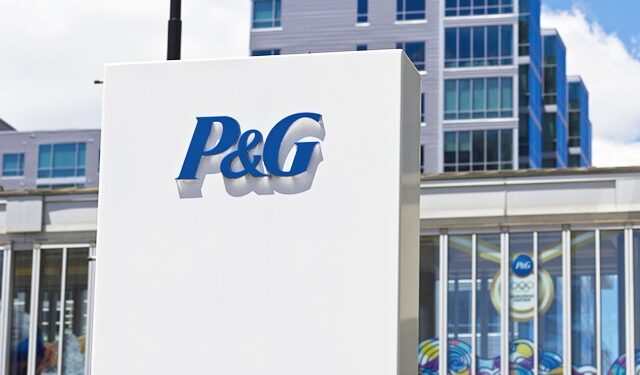In a significant blow to Nigeria’s economy, multinational consumer goods giant Procter & Gamble (P&G) has announced its plans to exit the country, raising concerns about the potential loss of over 5,000 jobs and a substantial decline in foreign investments.
The decision follows the footsteps of GlaxoSmithKline Consumer Nigeria, another multinational that revealed similar plans in August after 51 years of operations in the country.
Muda Yusuf, COO of the Centre for the Promotion of Private Enterprise (CPPE), attributes P&G’s exit to intensified competition and a decline in consumer purchasing power, exacerbated by the recent devaluation of the naira.
Kalu Aja, a certified finance coach, warns that if the challenging economic conditions persist, Nigeria may witness the disappearance of Small and Medium Scale Enterprises (SMEs).
P&G, operating in Nigeria for over 30 years, plans to transition its operations to an import-only model, citing unfavorable macroeconomic conditions as the primary reason.
Andre Schulten, CFO at P&G, notes that operating in markets like Nigeria becomes increasingly difficult due to the challenging macroeconomic environment and difficulties in creating U.S. dollar value.
While P&G’s exit is a setback for the Nigerian market, it aligns with the current trend of multinational companies leaving or halting production in the country due to factors like rising interest rates, inflationary pressure, and foreign exchange volatility.
The move comes as a blow to Nigeria’s manufacturing sector, already grappling with job losses and reduced profitability. The Manufacturers Association of Nigeria (MAN) reports a significant increase in job losses in the sector, reaching the highest level in three years.
The adverse effects of the petrol subsidy removal and naira devaluation, coupled with rising inflation, have weakened consumer purchasing power, leading to increased operating costs for businesses.
Several multinational companies, including Nestle, Cadbury, and Nigerian Breweries, have reported losses in the first nine months of the year, attributing them to rising interest rates and naira devaluation.
As Nigeria faces economic challenges, stakeholders emphasize the need for local manufacturers to prioritize backward integration and urge the government to stabilize the foreign exchange market to support businesses facing adverse conditions.










